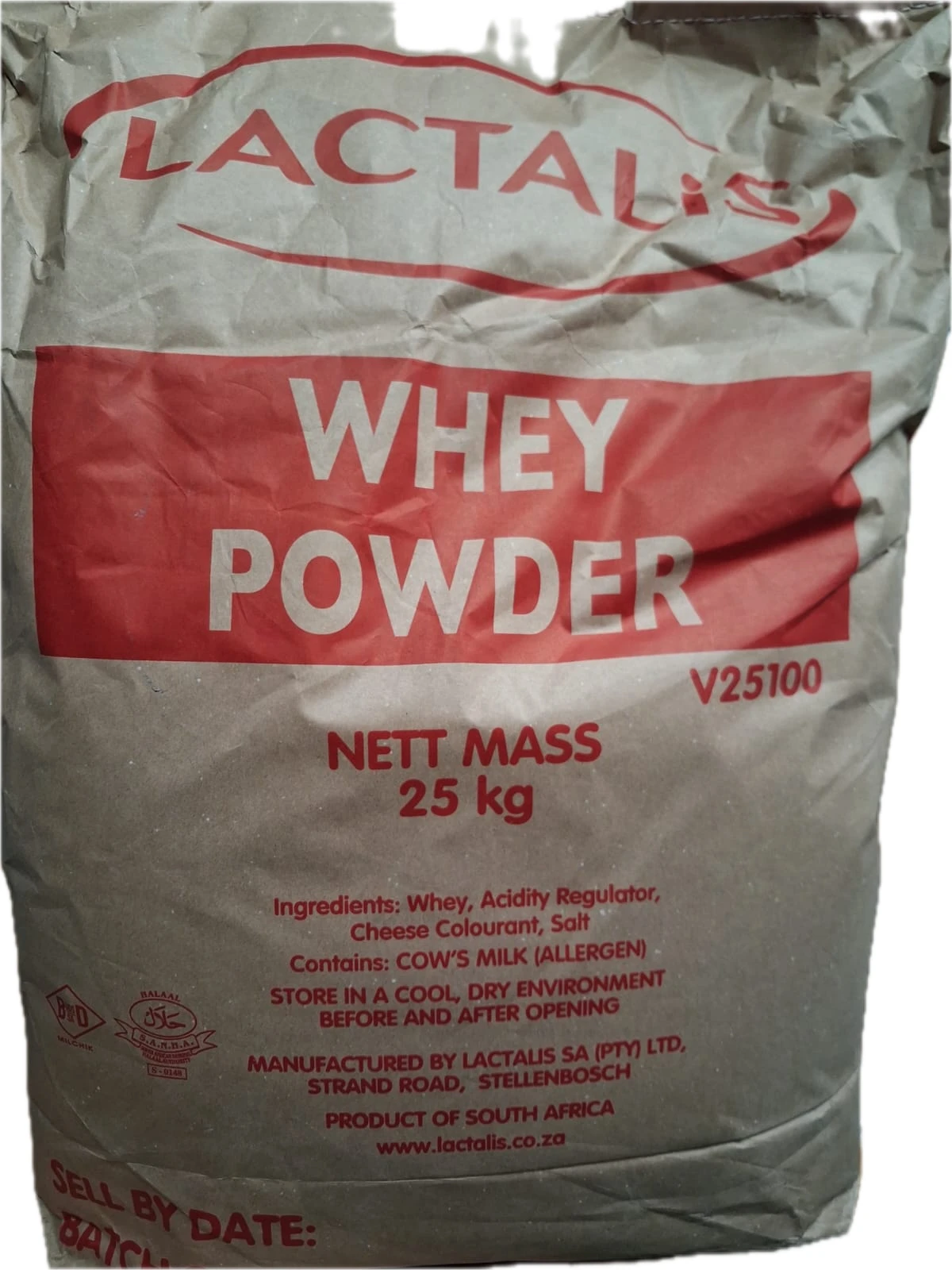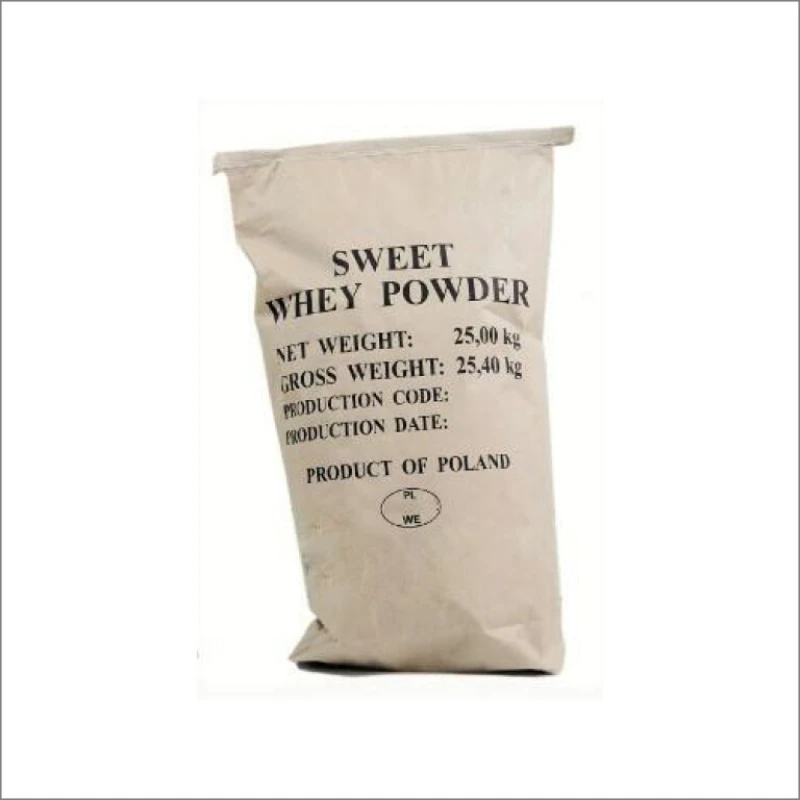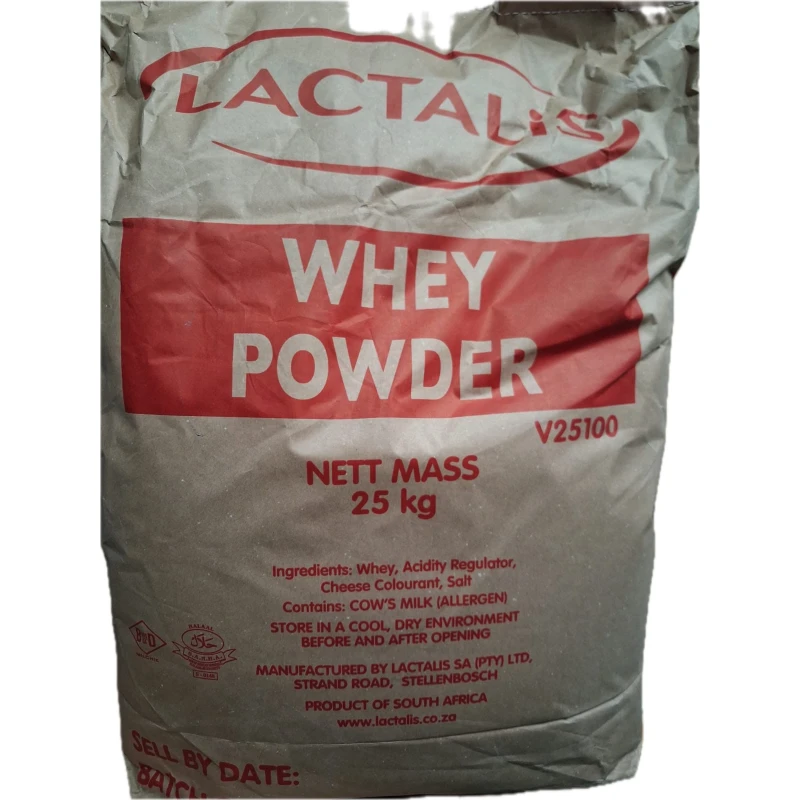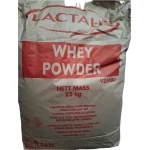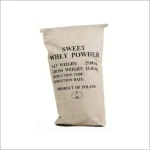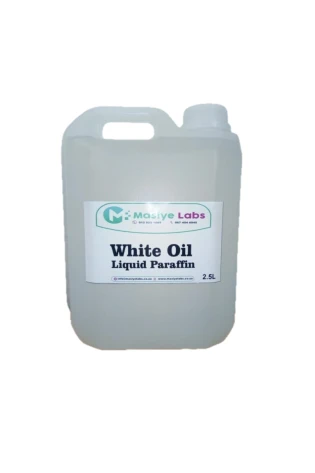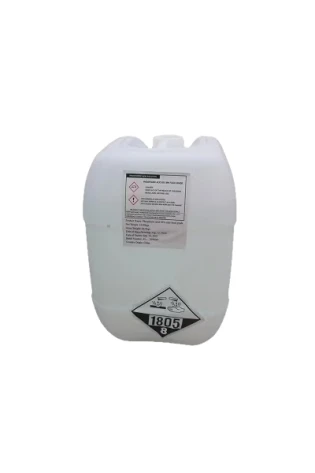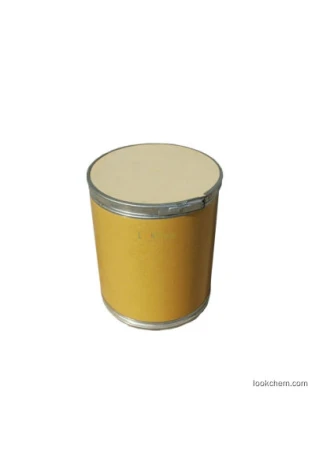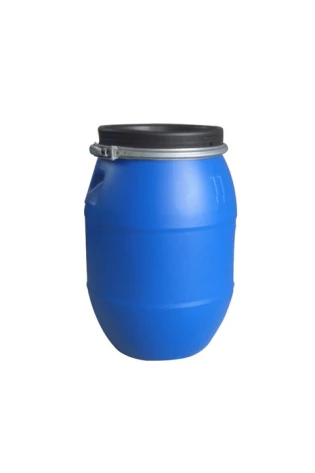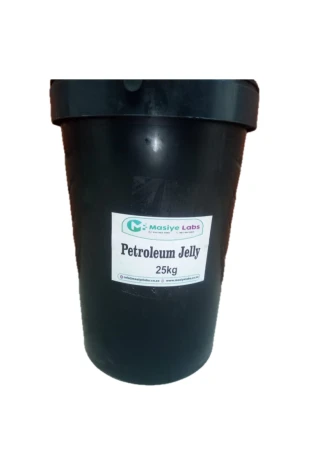Whey Powder
Whey powders are used as food ingredients in many applications:
- chocolate and sugar confectionery, bakery, soups and sauces, baby foods, etc.
- Muscle growth and recovery: Whey is rich in amino acids and is popular for athletes and bodybuilders to support muscle repair and growth, especially after exercise.
- Weight management: It can promote a feeling of fullness (satiety), which may help with weight loss efforts, but claims of significant weight loss have not been consistently supported.
- General health: It can be used to increase daily protein intake and has been associated with other health benefits, such as bone health and immune function.
-
- Protein shakes: It’s commonly mixed with liquids like water or milk to create protein shakes.
- Baked goods: It can be added to recipes for things like pancakes, muffins, and protein bars to increase their protein content.
- Dairy products: It is used as a thickener to improve the texture of products like yogurt.
- Soups and sauces: It can be stirred into sauces or soups to boost their protein content.
- Other foods: It is used in a variety of other processed foods, including frozen desserts, confectionery, and some processed cheeses.
- Substitute: The food industry uses it as a substitute for other ingredients like skim milk powder, particularly in chocolate, for cost reduction.
- Texture and mouthfeel: It’s used to improve texture and reduce syneresis (whey separation) in certain food products.
- Individuals with allergies: People with cow’s milk allergies should avoid it.
- People with lactose intolerance: Those with lactose intolerance may have trouble digesting it, though some forms are better tolerated than others.
- Vegans: Whey is an animal-derived product, so it is not suitable for vegan diets.
- Those with certain medical conditions: Individuals with kidney or liver conditions should consult a healthcare professional before taking whey protein supplements.
- Whey Powder
